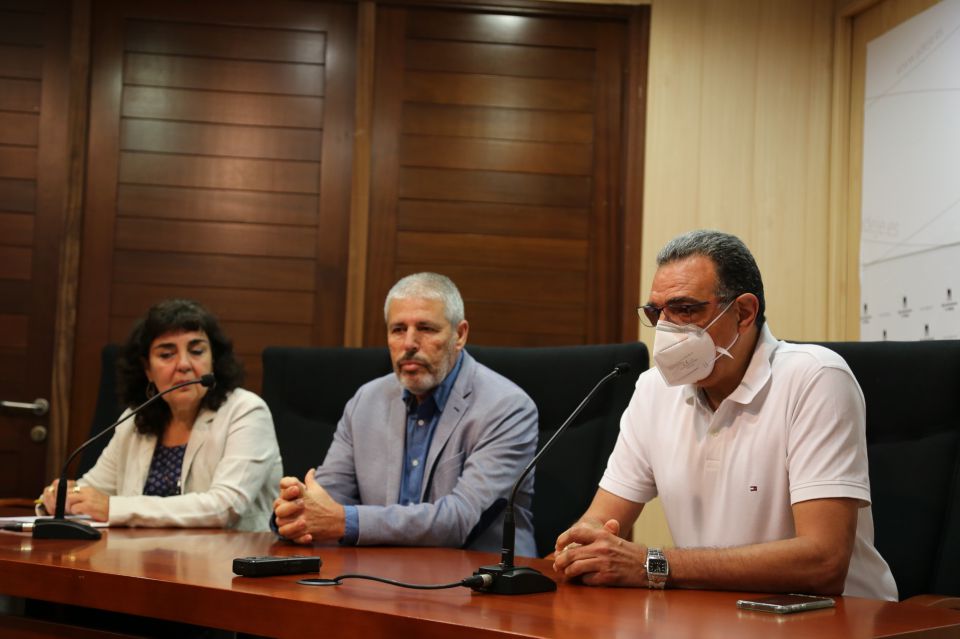The course runs from June 27th to July 1st and looks at ecological transition from a municipal point of view
27 june 2022
From June 27th until July 1st the CDTCA in Adeje is running a course on urban ecology agro-tourism, with emphasis on how to promote an ecological transition from a municipal point of view. The course is organised by the agro-ecologic department of the University of La Laguna, the FIAES (Foundation Institute for Agro-ecology and Sustainability) and the ICIA (Canarian Institute for Agrarian Investigation), and offers workshops, talks, and demonstrations showing the importance of agro-ecology in our society.
During the launch of the course, Adeje ecological transition councillor Manuel Luis Méndez Martín said, “we in the council are working to advance and improve our borough and move into the future with sustainable projects that work to halt climate change. The idea is to work on adapting a borough such as Adeje where there are co-existing populations – tourist and residential”. He also said that it was important that we concentrate on the recovery of the primary sector, agriculture, reclaiming the land, making proper use of our resources so that in the future Adeje can, in principal, be self-sufficient.
Juan Francisco Padrón, president of the ICIA commented that “Adeje is taking that direction towards recovery of the means of cultivation, producing healthier foods, working on improving quality…” adding that what was important too was make the people of the borough aware of the relevance of agriculture and farming in Adeje, “ an essential part of our social development.”
Meri Jaizme – Vega, science director of the ICIA, aid that six years ago they had presented a series of proposals to Adeje that were accepted by the council and today they are working on bringing all those initiatives together – ecology, municipalism, agro-tourism, the bases for a correct ecological transition”. She added that the health of the land, the plants, the water and the environment had direct repercussions on the people of the zone.
The theoretical part of the course is both in-person and online, and during the course participants will also visit places such as Adeje’s productive forest and the Eco-tourism farm in Guía de Isora.
